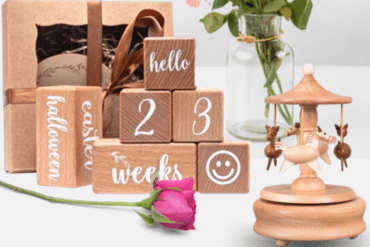Take deep slow breaths. Soften your face and relax your shoulders. Remind yourself that you are safe and that these moments are opportunities to build trust individually and relationally. Help create some calm and confidence in their body and surroundings by creating it in you.
Ask your child what they need. Your loving care will be soothing and strengthening. Example: “Would you like a hug, some food, movement, water, or warmth before you continue your homework? We could make some tea and put on some calm music. Let’s find a pillow for your back and fix the lighting in your room.”
Help create some calm and confidence in their body and surroundings by creating it in you.
Preventative practices help our nervous systems cope with stress. By engaging your child in or modeling practices that are good for the nervous system when we are calm, they are more likely to choose them when they are struggling. Some examples are meditation, breathing, journaling, reading, singing, humming, walking, swimming, painting, stretching, jumping, or dancing around. You will have your own.
2. Connection through Compassion
Instead of using shame to coerce a child into compliance, use empathy to connect a child into communicating, which will fulfill the needs for compassion and ultimately, cooperation. Example: “I hear you saying that you are overwhelmed with your homework at the moment. Would you like to say more?”
Hear what your child says and use nonverbal empathy by actively listening and caring. If you do choose to say something, let it be something that validates their experience without causing alarm. “That makes sense.” Or “I understand why you feel that way.”
Hear what your child says and use nonverbal empathy by actively listening and caring. If you do choose to say something, let it be something that validates their experience without causing alarm.
3. Curiosity for Collaboration
What does your child need to feel safer in their body, and braver in their heart and head? We all feel more like collaborating when we feel cared for and included in the solution-seeking. It helps to recognise all behaviour as communication. Underneath the behaviour is unheard feelings, unmet needs, and undeveloped skills. We can listen to their feelings to help ease the overwhelm, help meet their physical or emotional needs to create more energy within, and model the skills that empower them.
Image credit: Diana Brandt Photography
Lelia Schott is a South African mother to four sons and two daughters (aged 22, 20, 18, 15, 8 and 5). Lelia is a certified parent coach, unschooler, independent researcher, writer, dreamer, peaceful parenting and child advocate, lover of nature, music and exercise. On her best days she can be found with her family in the garden, swimming or walking along the beach.










